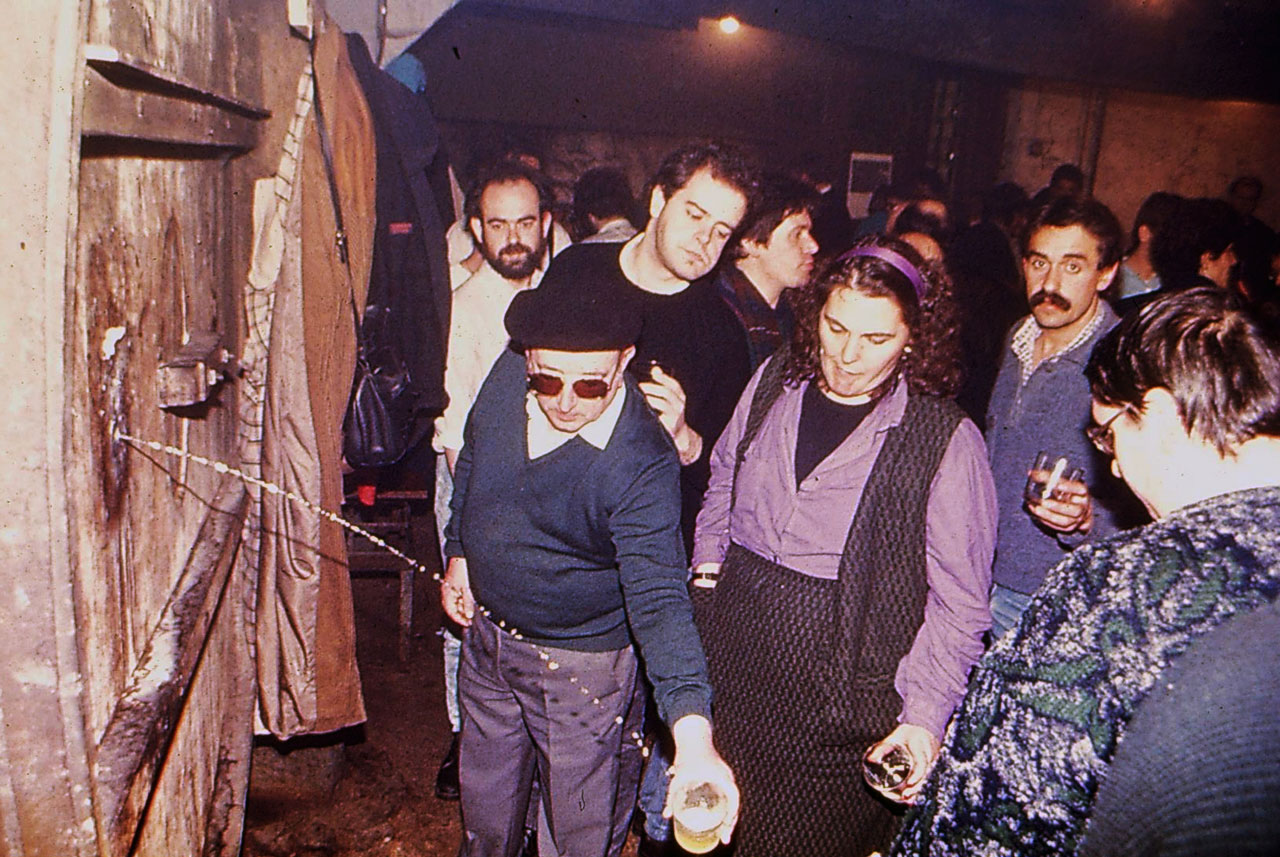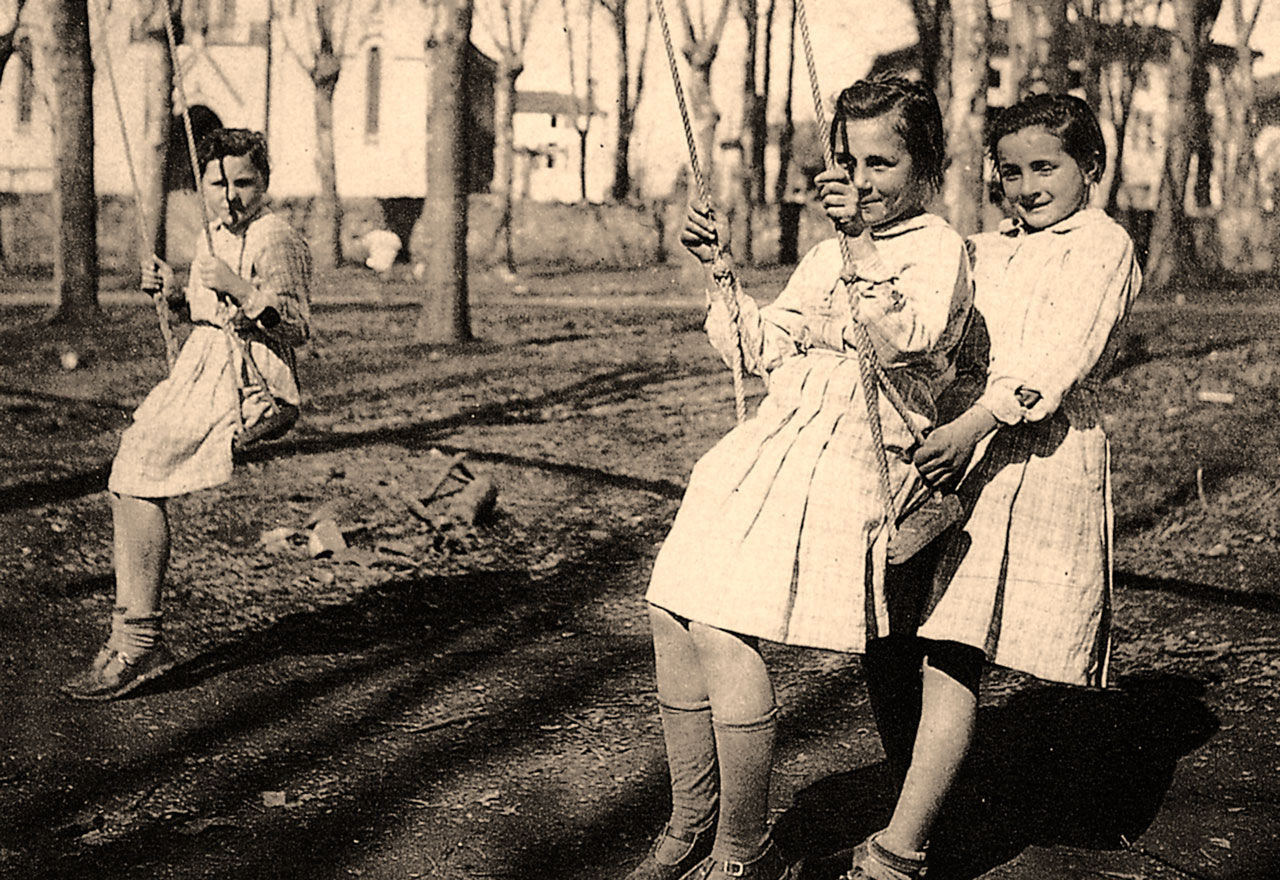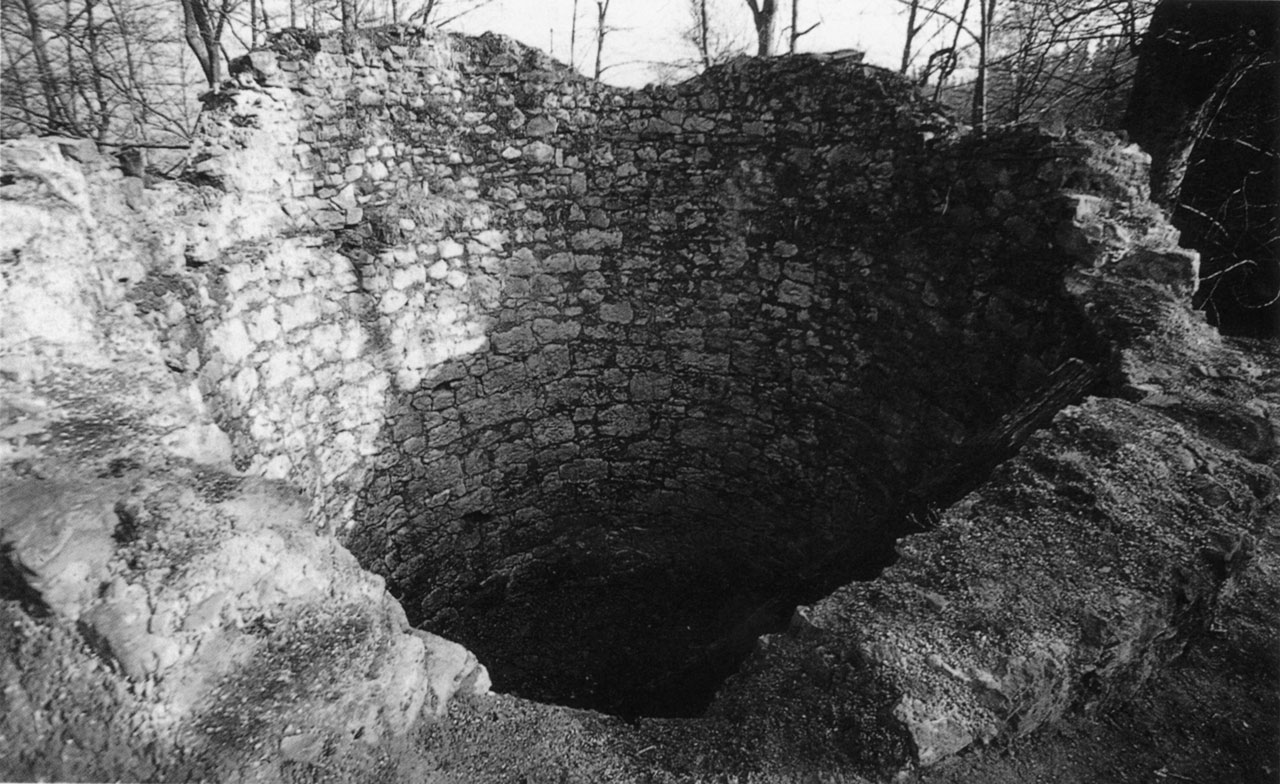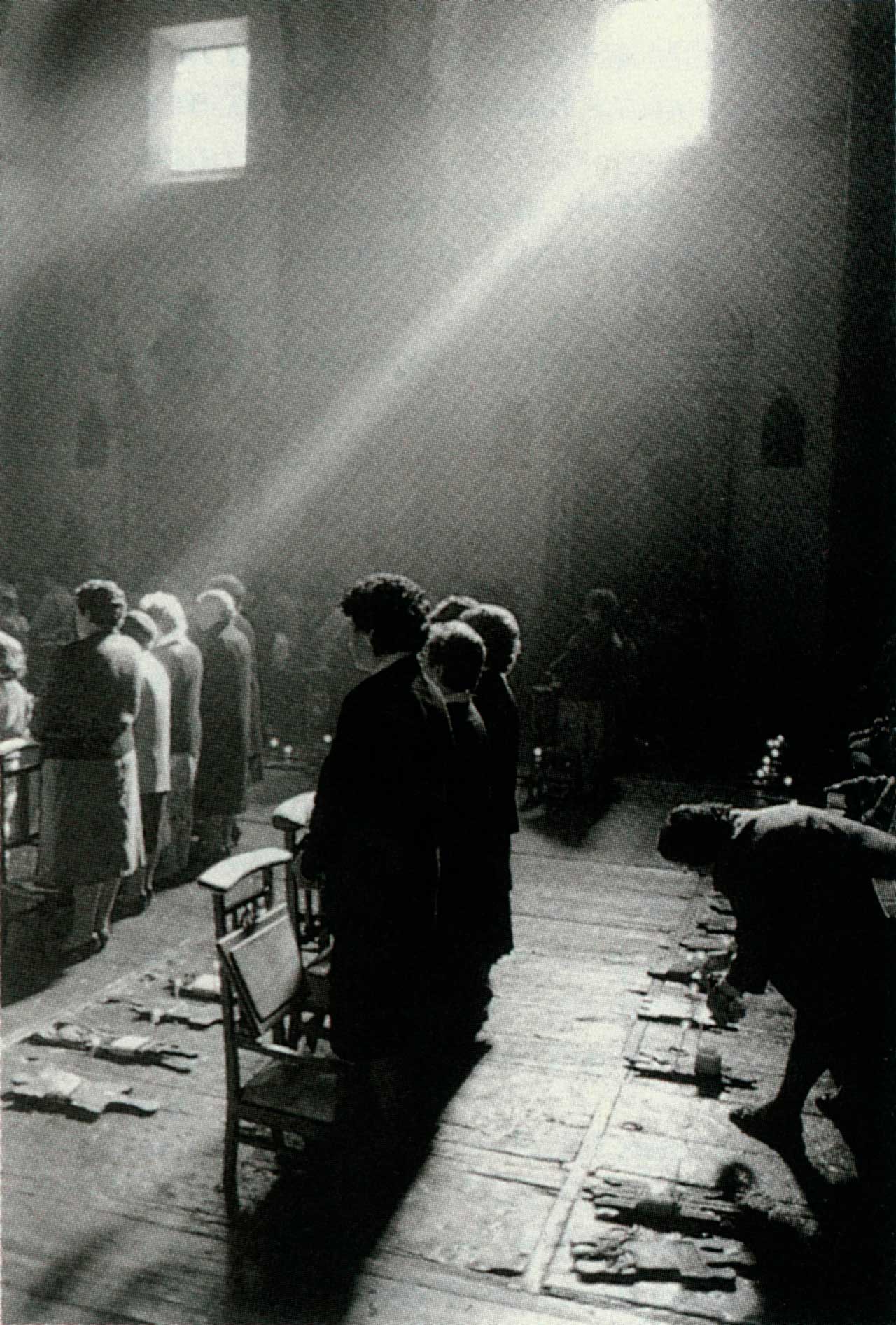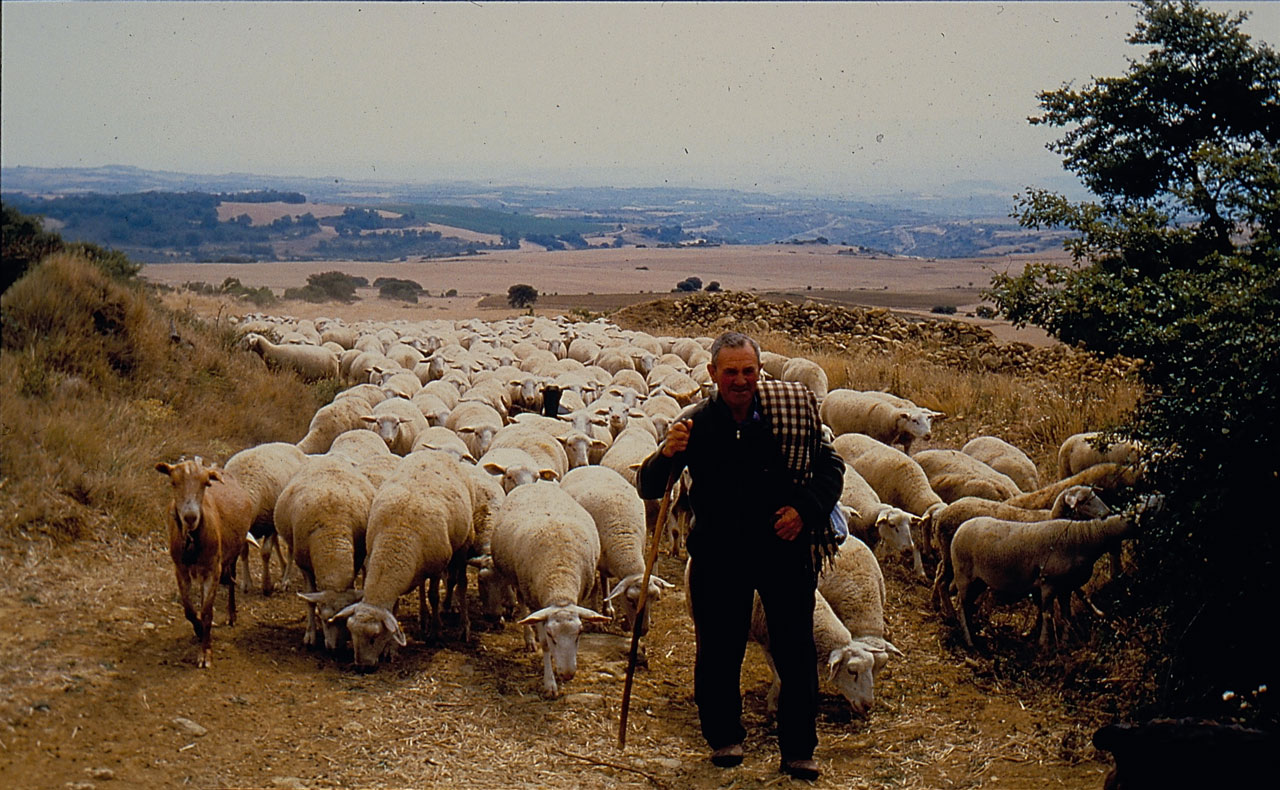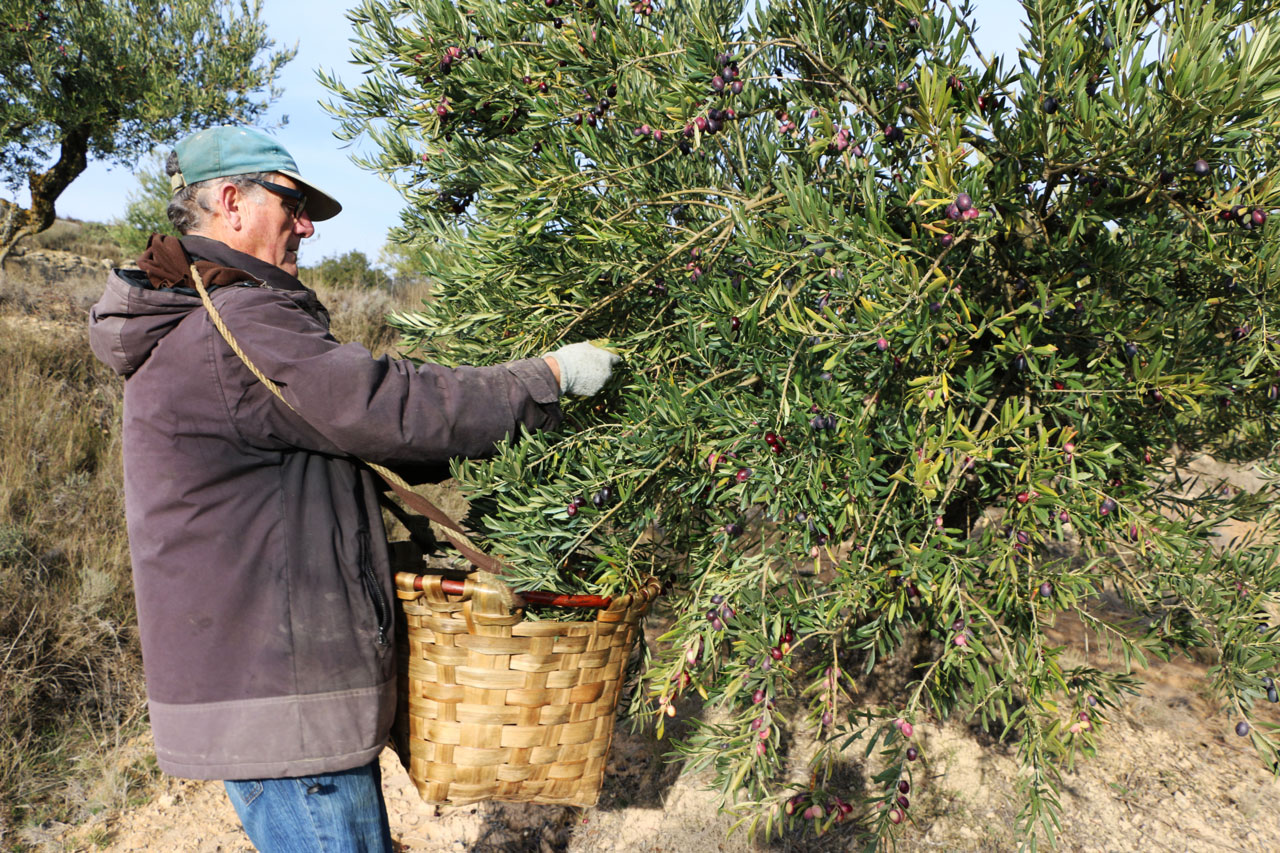Diferencia entre revisiones de «Main Page/en»
De Atlas Etnográfico de Vasconia
| Línea 243: | Línea 243: | ||
| − | ===[agricultura| | + | ===[agricultura|Agriculture in the Basque Country|/atlas/agricultura.png|Traditional agriculture and the great changes that occurred over the last decades of the 20th century, leading to high levels of agricultural mechanisation.]=== |
| − | ====[ Agricultura_en_vasconia | | + | ====[ Agricultura_en_vasconia | Agriculture in the Basque Country]==== |
====[/atlas/agricultura/Andreak-asto-gainean-astotzarekin.jpg|Milk-women. Source: Ecclesiastical Historical Archive of Bizkaia: Sanctuary of Urkiola Collection.|Our rural folk and our ancestors knew and practised agriculture on a more human scale and from a more holistic approach; it is not only the yield that matters, but also the complex network of physical factors and human beings involved in an activity that is actually based on cultivating the life that feeds us.||ENLACE]==== | ====[/atlas/agricultura/Andreak-asto-gainean-astotzarekin.jpg|Milk-women. Source: Ecclesiastical Historical Archive of Bizkaia: Sanctuary of Urkiola Collection.|Our rural folk and our ancestors knew and practised agriculture on a more human scale and from a more holistic approach; it is not only the yield that matters, but also the complex network of physical factors and human beings involved in an activity that is actually based on cultivating the life that feeds us.||ENLACE]==== | ||
Revisión del 12:47 27 ene 2020
Four generations of the same family. Ajangiz (B), 1977. Source: Segundo Oar-Arteta, Etniker Euskalerria Groups.
House and Family in the Basque Country


House and Family in the Basque Country
The family was the cornerstone of the farmstead, and the farmsteads along with the families provided coherence and structure to the neighbourhood and society.
Family Diet in the Basque Country


Family Diet in the Basque Country
On dagizula janak eta kalterik ez edanak. Enjoy what you eat and drink.
Children’s Games in the Basque Country


Children’s Games in the Basque Country
Sirrin-sarran, domini pan, zure semea errotan, errota txiki, errota handi, eragin deutso, pin-pan.Children’s chant
Traditional Medicine in the Basque Country


Traditional Medicine in the Basque Country
Osasuna galtzen duenak dena galtzen du. If you don’t have your health, you don’t have anything.
Rites from Birth to Marriage in the Basque Country


Rites from Birth to Marriage in the Basque Country
As was the case of all important events, the wedding banquet, eztei-bazkaria, was celebrated at home.
Funeral Rites in the Basque Country


Funeral Rites in the Basque Country
Light offerings would light up the way for the soul of the deceased. And bread would sustain it.
Shepherd from Lanciego (A) on the climb to Toloño, 1996. Source: José Ángel Chasco, Etniker Euskalerria Groups.
Ganaderia y pastoreo en Vasconia


Ganaderia y pastoreo en Vasconia
The Mediterranean watershed of the Basque Country was, and to a large extent is, characterized by the importance of the commons, the communal character of their exploitation by associations and brotherhoods comprising multiple municipalities still persisting today.
Agriculture in the Basque Country


Agriculture in the Basque Country
Uzta garaian lokartzen, miserian iratzartzen. Anyone who sleeps at harvest time wakes up destitute.

